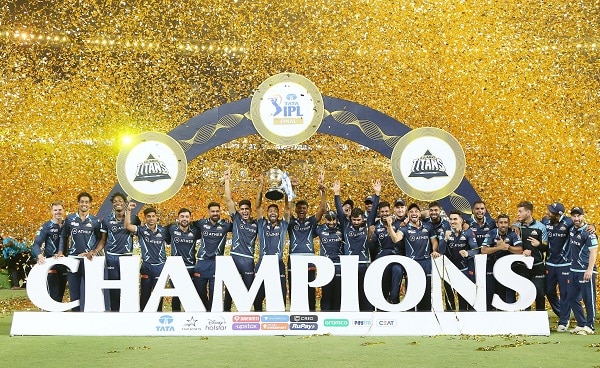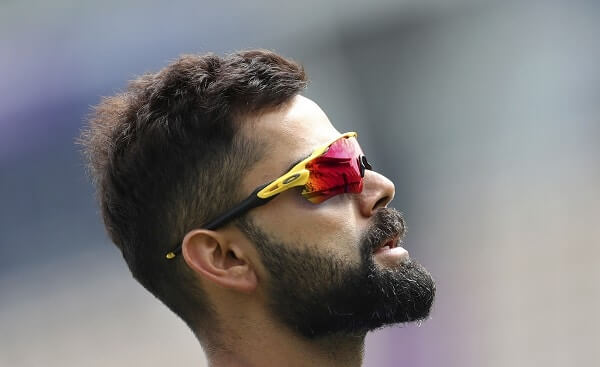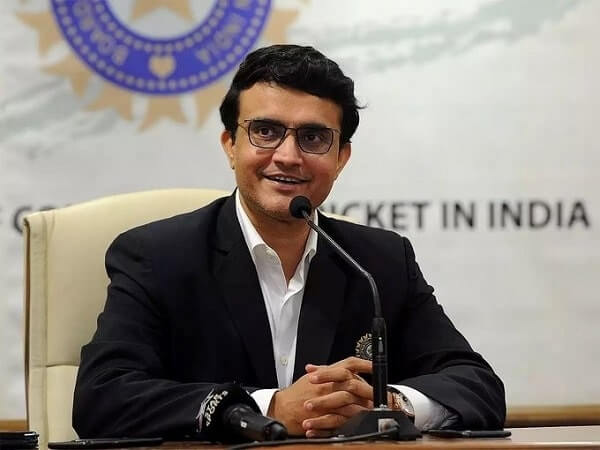The BCCI recently announced a new IPL broadcasting rights deal which sees the value of the IPL T20 tournament soaring to previously unimaginable heights, more than doubling to Rs 48.390 crore (AUD$9 billion) in a combined TV and digital rights deal with Disney-owned Star India and Viacom18 (a joint venture between Paramount Global and Mukesh Ambani’s TV18). It’s more than just another commercial agreement; it’s a seminal transaction that will play a significant role in defining the future of the game itself.
A single IPL match is now worth almost AUD$22 million, behind only NFL games (AUD$50 million), and comfortably ahead of EPL matches (AUD$16 million), though EPL matches are subject to a “blackout” rule which prohibits live domestic transmission of certain matches. Given the IPL is only 14 years old – almost 90 years younger than the NFL – it’s a veritably meteoric rise that not only renews the spotlight on the IPL’s protected status as a tax-exempt activity, but has far-reaching implications for global cricket as a whole.
In India, the BCCI will be laughing all the way to the bank with the new deal, but they won’t be stopping by the Income Tax Department on the way. Since 1996, the BCCI has been treated as a charitable organisation and has accordingly enjoyed an exemption from paying tax on income generated from the IPL.
That’s by no means unusual – for instance, Cricket Australia, too, operates tax-free under Australian tax law, as an association established for the encouragement of sport.
But the circumstances under which those exemptions were granted are vastly different to those that prevail today. More than the sheer dollar figures, top-flight sport today is an intrinsically professional and commercial activity. While sporting bodies necessarily require a degree of tax exemption for their promotion of grassroots and top-flight sport alike, the line becomes increasingly blurred in a world where administrators are primarily tasked with profit-maximisation.
READ ALSO: Mithali Raj, pioneer of women’s cricket, bids adieu to international career

In the IPL’s case, India’s Income Tax Appellate Tribunal (ITAT) effectively reached the view that all income from the IPL is being used for the “promotion” of cricket. It’s a generous interpretation at best, and sets a precedent that may yet come back to haunt Indian revenue authorities. Key questions that the ITAT failed to interrogate are whether there’s a threshold at which promotion stops and commercialisation begins, or whether there’s a natural promotion “dilution” point for cricket in India, which is etched into the nation’s very fabric more so than any other sport in any other country in the world. Lawmakers, too, should be invited to more deeply consider the long-posited argument that India’s obsession with, and investment in, cricket, is harming the progress of other sports in the country.
That raises the broader question: what does the rights deal mean for world cricket?
Other cricket boards will be wary, for one. With the BCCI currently in talks with the ICC seeking to carve out for itself a two and-a-half month IPL window in the ICC’s Future Tours Programme, not only will there be fewer windows for competing domestic T20 leagues like the BBL, PSL and CPL, but fewer windows for international cricket itself.
It is not alarmist to say that these developments place world cricket at a crossroads.
It is true that the world’s best players, currently torn between chasing riches in the IPL and representing their countries, may no longer have to make that choice if the ICC accedes to the BCCI’s demands.
But a window of the length being discussed would mean a packed remaining nine months or so of the year. Player fatigue will be significant. Not only will players pick up more injuries, but players will become increasingly selective about the international matches in which they participate, given the career-prolonging benefits of rest and recovery. Look no further than India’s ongoing T20 series against South Africa, from which several IPL stars have been rested – and expect more instances in future of countries fielding two different sides, playing in parallel against different opposition.

Other domestic leagues, too, will suffer. The BCCI has long taken a somewhat anti-competitive approach to world cricket, prohibiting its players – even those who are destined never to return to the international side – from playing in other domestic leagues. It’s been able to do so because the amount of money at stake in the IPL dwarfs that of other tournaments, so while other cricket boards face revolt if they prohibit their players from taking part in the IPL, the BCCI faces no such threat from its own players. While other leagues will not disappear overnight, the smaller – read poorer – leagues will struggle to maintain relevance amidst the competing demands of the IPL, international cricket and larger domestic leagues.
Test cricket is the biggest loser. Already facing calls for truncation from its historic 5-day format to 4 days, and as the lowest value proposition for players and boards alike, Test cricket has survived largely thanks to cross-subsidisation by limited overs cricket, particularly through the explosion of T20 cricket in the last 15 years. Now, beyond marquee series such as the Ashes, the Border-Gavaskar Trophy, and the Pataudi Trophy, Test cricket is a square peg in the round hole that is the ICC’s international calendar. Reports of Test cricket’s death have long been exaggerated, but make no mistake – the format faces its greatest test yet.
Ultimately, there’s no doubt that the IPL rights deal secures cricket’s long-term future, particularly in India; but the future will likely look vastly different to what we are used to.
READ ALSO: Paavo Nurmi Games: Neeraj Chopra sets new national record in javelin




